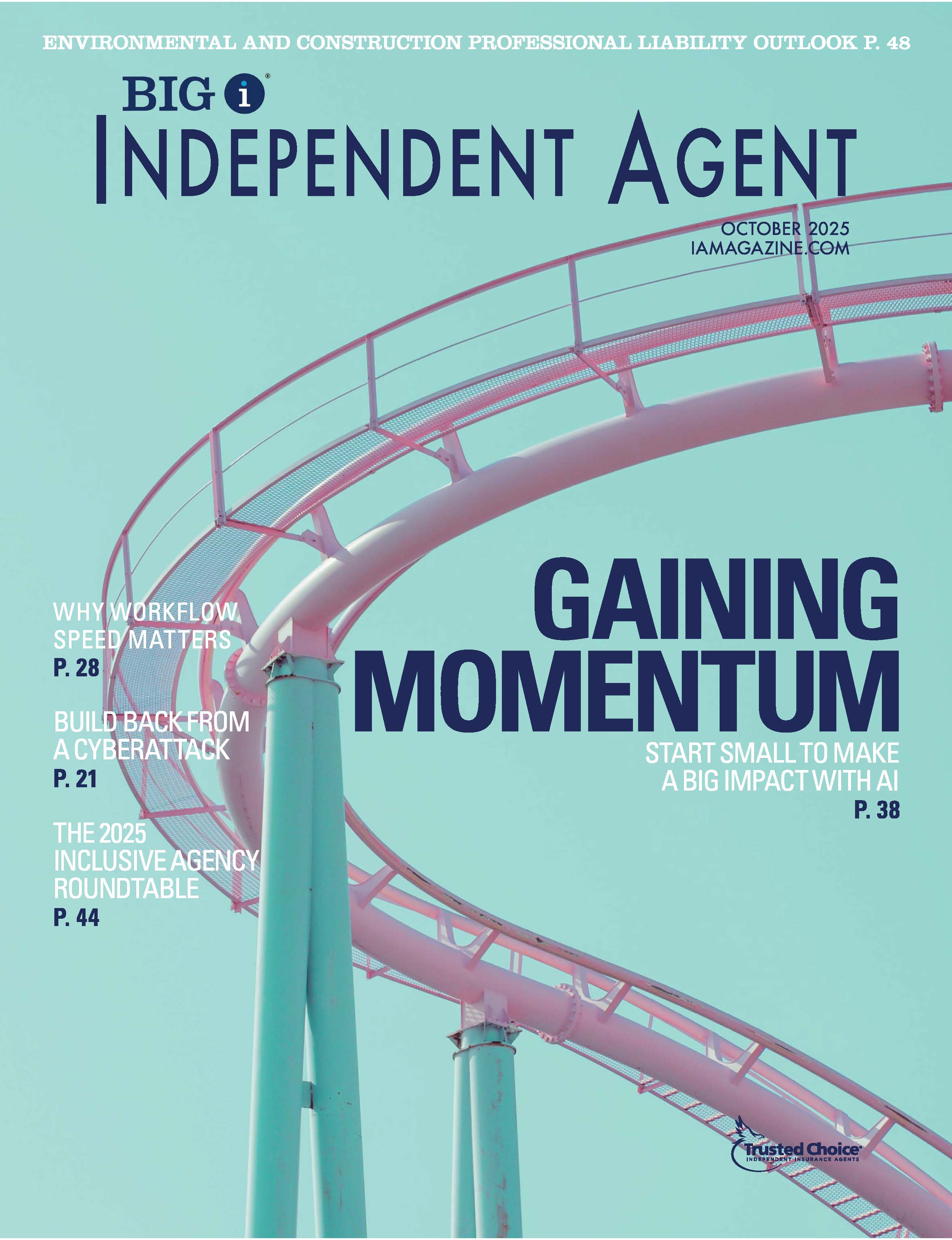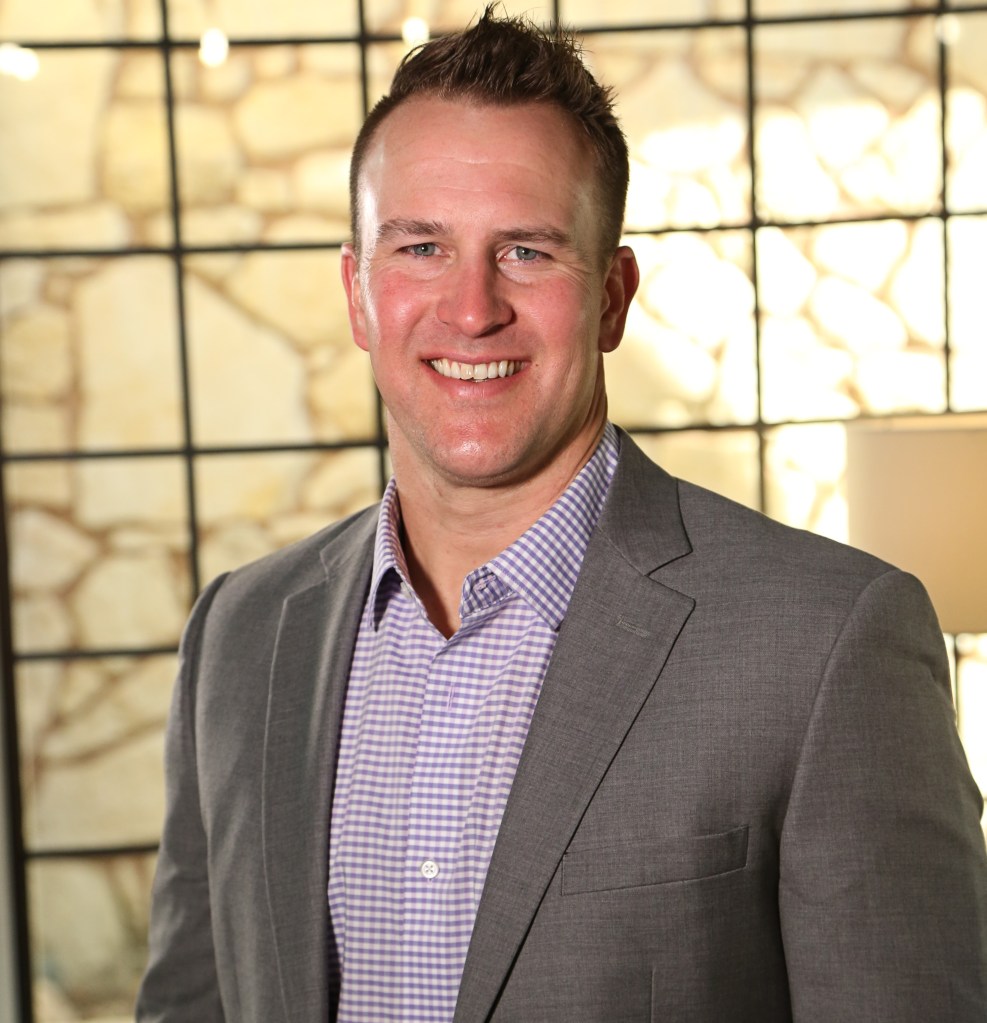A Changed Landscape: EPLI in the Age of COVID-19 and Social Movements

By: Olivia Overman
McDonald’s Corp. was recently sued by several dozen franchisees in a suit that alleged the organization unfairly treated Black owners by selling them subpar stores and failing to support their businesses.
In May, the U.S. women’s soccer team’s litigation seeking compensation equal to that of their male counterparts was dismissed by a federal judge. As we continue to see the effects of movements such as #MeToo, Black Lives Matter and Time’s Up, the headlines continue to dominate the business environment.
Further, as states introduce legislation and rules protecting potential victims, the employment practices liability market is feeling the impact. “We have a lot of states that are enacting separate laws to govern the employee-employer relationship,” says Joe Kelly, senior vice president, employment & ERISA liability national practice leader, Sompo International Insurance. “Add to this the ramifications of COVID-19, and we have a perfect storm for the EPLI market.”
COVID-19 has changed the world as we knew it and we are witnessing the impact of a series of social movements. “They have had a huge impact on the United States and employment law in general,” Kelly continues. “Under the EPLI policy, discrimination based on race is covered, as well as sexual harassment. Additionally, pay discrimination and pay equity are both covered causes of action under the EPLI policy.”
In the EPLI market, insurers are seeing claims frequency and severity continuing to increase and are watching the trends that are continuing to put pressure on it.
Social Movements
“Black Lives Matter is a huge movement. It’s very important, just like #MeToo and the LGBTQ movements. We have a lot of emerging risks happening in the workplace or perpetuated by management, but they can be covered,” says Heather Schaaf, underwriting director, Burns & Wilcox.
Discrimination can come in many forms and, coupled with new legislation and laws that increase liabilities for insurers by extending statutes of limitation periods and remove non-disclosure agreements, the EPLI market could continue to be adversely impacted for some time.
The Equal Employment Opportunity Commission continues to remain active and recently issued a public statement saying they are going to double down on their efforts to investigate cases of racial discrimination and retaliation. “So, we do expect more claims in terms of those issues, as well as issues related to the Supreme Court opinion given in June that includes sexual orientation as protected under Title VII,” Schaaf says.
COVID-19
As more companies open their doors and encourage employees to return to work, the risk for lawsuits against an employer is considerable.
“I think we actually view returning to work as having a bit more liability for employers than the layoffs and furloughs that we saw because of the coronavirus, simply because under employment law, if you [an employee] were laid off and everybody in your location was laid off, it would be difficult to allege there was discrimination against just one person,” Kelly says. “But when employees start coming back to work, we are assessing: How employees are being selected to come back to work? What is the accommodation policy for those who are not able or comfortable to come back into work?”
Retaliation claims are considered a top trend to watch. At the onset of the pandemic, there were a number of these claims made by health care workers who were being fired after complaining about the lack of personal protective equipment.
“We have seen an increase in retaliation-type claims and we continue to monitor those, but that’s going to be a theme as employees are encouraged to come into work when they’re just not comfortable doing it,” Kelly says.
The Future
Carriers are not looking to take on a lot of extra employer risk right now; some are not even offering terms. “Carriers want to know a business’ continuity plan. Have they updated their handbook recently? Are they messaging consistently and frequently about diversity initiatives as well as providing harassment and discrimination training to their workforce? Those things help reinforce that they don’t discriminate,” Kelly says. “They want to really make sure that the management of that company is thinking about those issues.”
For independent agents, making an early start on acquiring the coverage your client is looking for is key. “You probably want to go at least 60 or 90 days out before renewal and make sure your carrier’s appetite hasn’t changed,” he says.
“If there’s a lot of activity in the market, a lot of carriers will look to remove coverage or they look to non-renew or make the terms and conditions really onerous,” Kelly adds. “Making sure you have those discussions early will help formulate a plan for renewal.”
Olivia Overman is IA content editor.










